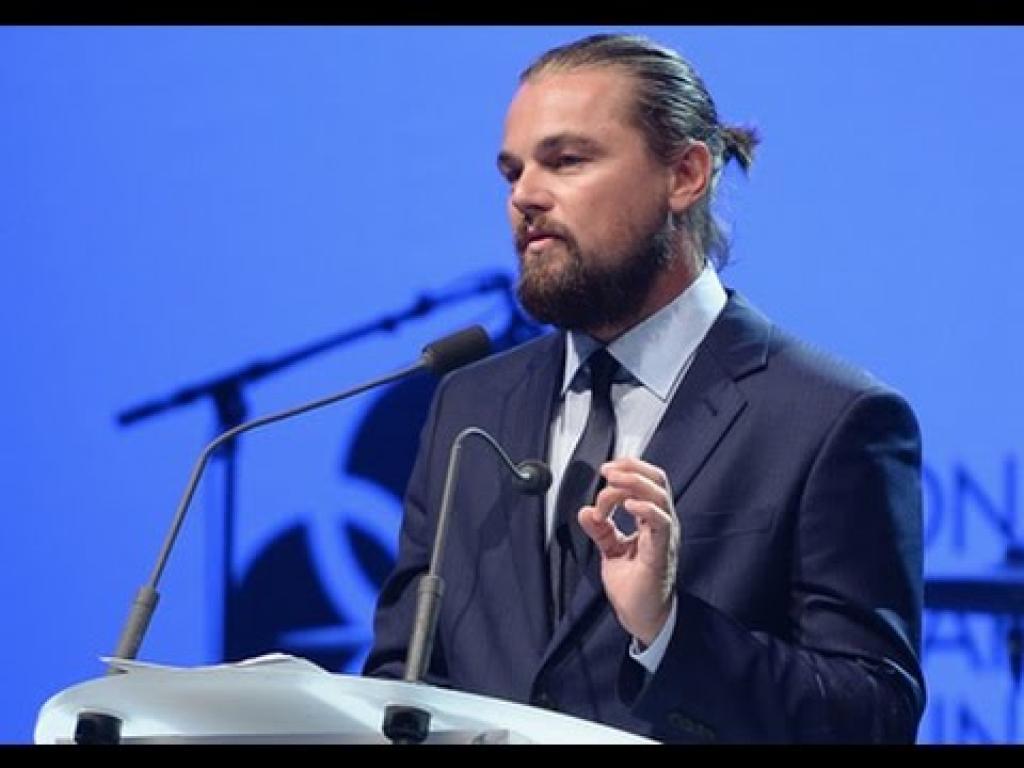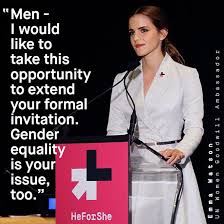BLOG: The link between science and the general public

By Willemien Calitz
As a communicator I am confronted with messaging and audiences on a daily basis. As a communicator of research in the sciences field, that confrontation becomes much more complex. Sometimes it’s hard to believe that the information I convey to a general public audience refers to everything we actually interact with in our everyday life: air, water, plants, animals, people. A lot of these become numbers, statistics, margins of errors – science. Why does science matter to people who aren’t studying it? First of all, because climate change affects all of us – not only those who understand it, or at least parts of it. Secondly, the research done within structures such as the African Climate & Development Initiative not only influences policy (which I have now seen happen first-hand), or gives rise to projects outside of the academia (yep, those are real too), but it also shapes public opinion.
For example, during September the Director of the Energy Research Centre (ERC), Harald Winkler, appeared on video clips on Carte Blanche and News24, presenting crucial information to the general public on nuclear power in response to rumours about President Jacob Zuma’s under-the-table deal with Russia. Winkler did not simply give his opinion, but rather gave well-informed conclusions based on years of analysing and interpreting data.
The challenge still remains: how do we provide a link between that kind of institutionalised knowledge and expertise with our fellow global citizens who don’t have the skills to interpret complex graphs, and also, who simply might not want to? To some of us the conversation about how to communicate climate change (mostly to Western or developed audiences) has become tiring – do we invoke fear in people about a changing climate; do we encourage behavioural change as a way to make people feel as if they are addressing climate change; do we give them statistics; do we give them a heartfelt individual story; do we talk about Mother Nature; or do we talk about the many cultures and societies that are currently severely affected by climate change impacts? Of course, it depends on the audience you want to reach, but after years of having this public conversation it doesn’t quite seem that the fact that climate challenge is real is already the accepted norm.
Who shapes those norms? Recently, a couple of celebrities have been making us proud by influencing public opinion through their own well-informed opinions. Yes, I am referring to Emma Watson’s powerful and inspiring speech at the launch of the UN’s HeForShe campaign, on the need for feminism, and particularly how patriarchy affects both men and women (See Figure 1 below). A few days later at the UN Climate Summit, the long-time climate change advocate Leonardo DiCaprio said that people have been looking at climate change as something fictional – relating it to his experience of being an actor and to “pretend for a living.” The United Nations had obviously been having a good week, and celebrities have always made for very powerful contributors to public opinion.
I believe that these strong and popular speeches make a big impact, but that they can be accompanied by a constant stream of accurate public information on topics of climate change, gender, race, class and sexuality. Yes, I am talking to our media here: print, television, radio. Why do we only hear about important energy issues across all sources when it has become a controversial political topic? Or only if there’s a global People’s Climate March? Just as climate change is weaved into other existing sectors such as water in our governance, it is treated as a side-issue in our national media as well. It only rears its head when it’s tied to something that our media has popularised – such as sensational political stories.
Climate change is inevitably an issue of development, gender, poverty, health and environmental sustainability, and I hope in time the South African media will realise that. Additionally, I hope that our media realises the importance of being a consistent, reliable source of accurate and well-researched information, and they start building relationships with researchers and scientists at places like the University of Cape Town. Since its inception, the media has played an educational role in society, and is partly why it is valued by its consumers. I still see a very significant part for our South African media to play in being the link between science and the general public.

Figure 1. Emma Watson speaks at the HeForShe campaign launch: http://theinspirationroom.com/daily/2014/emma-watson-launches-he-for-she-movement/
Thumbnail: http://article.wn.com/view/2014/09/24/Leonardo_DiCaprio_Takes_on_Climate_Change_Skeptics_in_UN_Spe/